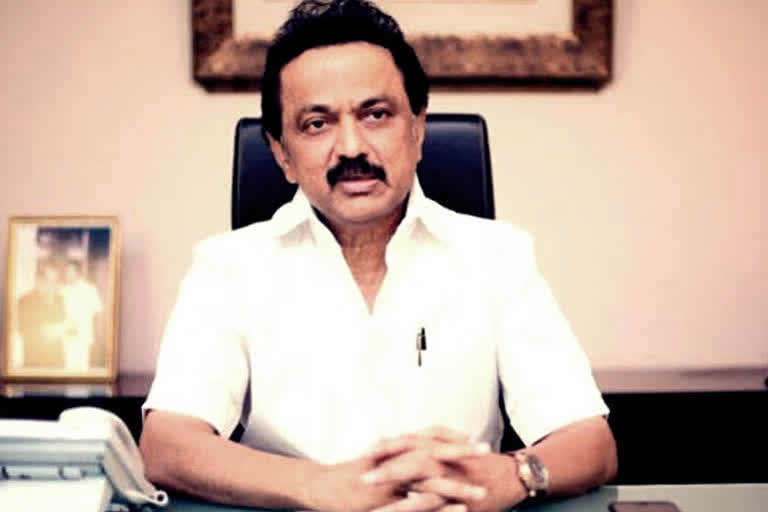Chennai: Back to government schools has caught the public imagination in Tamil Nadu. With parents bringing their wards in troves from private schools, the state government too has relaxed the admission norms announcing that transfer certificate is not mandatory for getting admission into government schools. While the pandemic has created a change of mind among the parents, educationists smell an opportunity to strengthen the public schools and arrest the falling standards of teaching and learning in the state-run schools.
The debate over strengthening the public schools received a shot in the arm after the Justice Murugesan Committee submitted its report to the government, recommending 10% reservation for government school students in admission to professional courses viz., engineering, veterinary, law and agriculture. The panel has brought out the abysmal rate of students from public schools stepping into premier institutions like Anna University and in government veterinary colleges, among others.
The 37, 473 government schools in the state had a strength of 45,17, 677 students in 2020 while the 8,348 government-aided schools had 22, 28, 992 students. Both account for a little more than 50% of students. According to the report, the percentage of students from this category who got into Anna University and its constituent colleges, government engineering colleges, as well as Self Financing colleges, was 5.59% in 2019 – 20. In the year 2020 – 2021, it was 6.14%. But for a minuscule minority, a large number of them had secured admissions in self-financing colleges. In courses like BE Architecture, it is near zero. And, it is no better in Veterinary Science programmes. From 5.55% in 20-16-17, it had come down to 3% in 2020-2021.
Read: TN's exclusive quota conundrum: Will DMK govt implement separate reservation for OBC Vanniyars
As such, the panel, while recommending a 10% quota for government school students, also suggested a campaign to create awareness in rural areas. And, this preferential quota comes close on the heels of the AIADMK government granting 7.5% seats in Medical admissions for government school students who qualify in NEET in the last academic year. However, this has provoked a debate as to whether this would address the malaise that had beset school education in the state. For, this poor record of state-run school students continues even after 2006 when the then Karunanidhi Government had abolished entrance examinations for professional courses, including medicine, and making admissions based on Board Exam marks.
“This is a window of opportunity to bring in necessary changes in school education not only in the syllabus but to improve the infrastructure and ensure adequate students-teacher ratio with a thrust on teaching and learning. The pressing need is to implement the Neighbourhood School system, which is the norm in many countries around the world. Without addressing the root causes, providing quota would at best be a cosmetic exercise, though a welcome one,” argues educationist Prince Gajendra Babu, general secretary of State Platform for Common School System.
While the state has higher enrollment in higher education than the national average, the students lack skills and aptitude. Further, a recent survey has pointed out that a majority of students in government schools are not able to write even in their mother tongue. Revamping school education and making it in tune with modern times is an onerous one. For the DMK which has come to power after a decade and for Stalin who had assumed office for the first time, it is a daunting task but not an improbable one. And the time is more opportune for that.
Read: A silver lining in the struggle for retrieving "Panchami Lands" in Tamil Nadu


